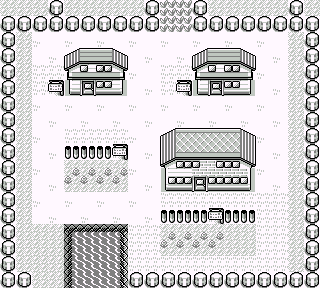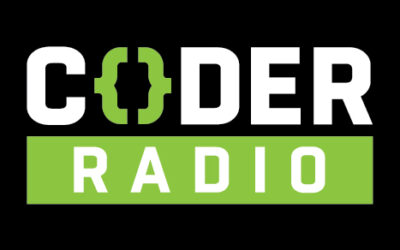Ruby on Rails has consistently set the standard for web application frameworks or put in a way that doesn’t make me sound like a half-dead suit, it’s awesome and a pleasure to code in. As a seasoned Rails 8 is about a third (according to their Github issues) of the way done and brings a ton of well-needed quality of life improvements. While this is by no means an exhaustive list, these are my favorites.
Built-in Authentication: One of the most obvious features missing in Rails up to this point has been auth. While it’s true popular gems such as Devise have become defacto standards, they can sometimes be too much or too difficult to configure for new developers. Luckily Rails 8 is including built-in authentication to cover the most common / basic use-cases. What excites me about this addition is not just the convenience it brings, but also the way it standardizes authentication practices across Rails applications. It also has the added benefit of being simple-enough that newer developers will be able to avoid common security pitfalls that arise from improperly configuring third-party authentication gems.
Kamal: Rails 8 introduces Kamal as its default deployment mechanism, and this is a game-changer for developers. Kamal, known for its efficiency and ease of use, integrates seamlessly with Rails, providing a smoother deployment experience. This shift acknowledges the evolving landscape of web application deployment, where speed and reliability are paramount. By adopting Kamal, Rails 8 not only simplifies the deployment process but also aligns with modern DevOps practices, offering scalability and performance improvements. While it’s true that I still prefer Dokku, I’m very interesting in giving Kamal a shot, especially as it matures.
Solid Cache: Caching is more or less a standard feature of any modern web-application. Up until now, Rails developers have had to turn to a number of third-party for caching. Just like with authentication Rails 8 changes that by introducing a built-in little to no configuration solution in the form of Solid Cache. I’m looking to adopt this as soon as possible just to the save the hassle of configuring and managing other solutions.
With these three features – Built-in Authentication, Kamal as the default deployment tool, and Solid Cache for caching – Rails 8 not only simplifies the development process but also significantly enhances security, deployment, and performance. I’m excited for these new features and in particular to see Rails to continue to include smart default solutions for common application development concerns. What do you think? Do you plan to adopt Rails 8 soon after it is released? Also, please checkout Alice for any automation needs you may have and follow me on LinkedIn and Twitter.







